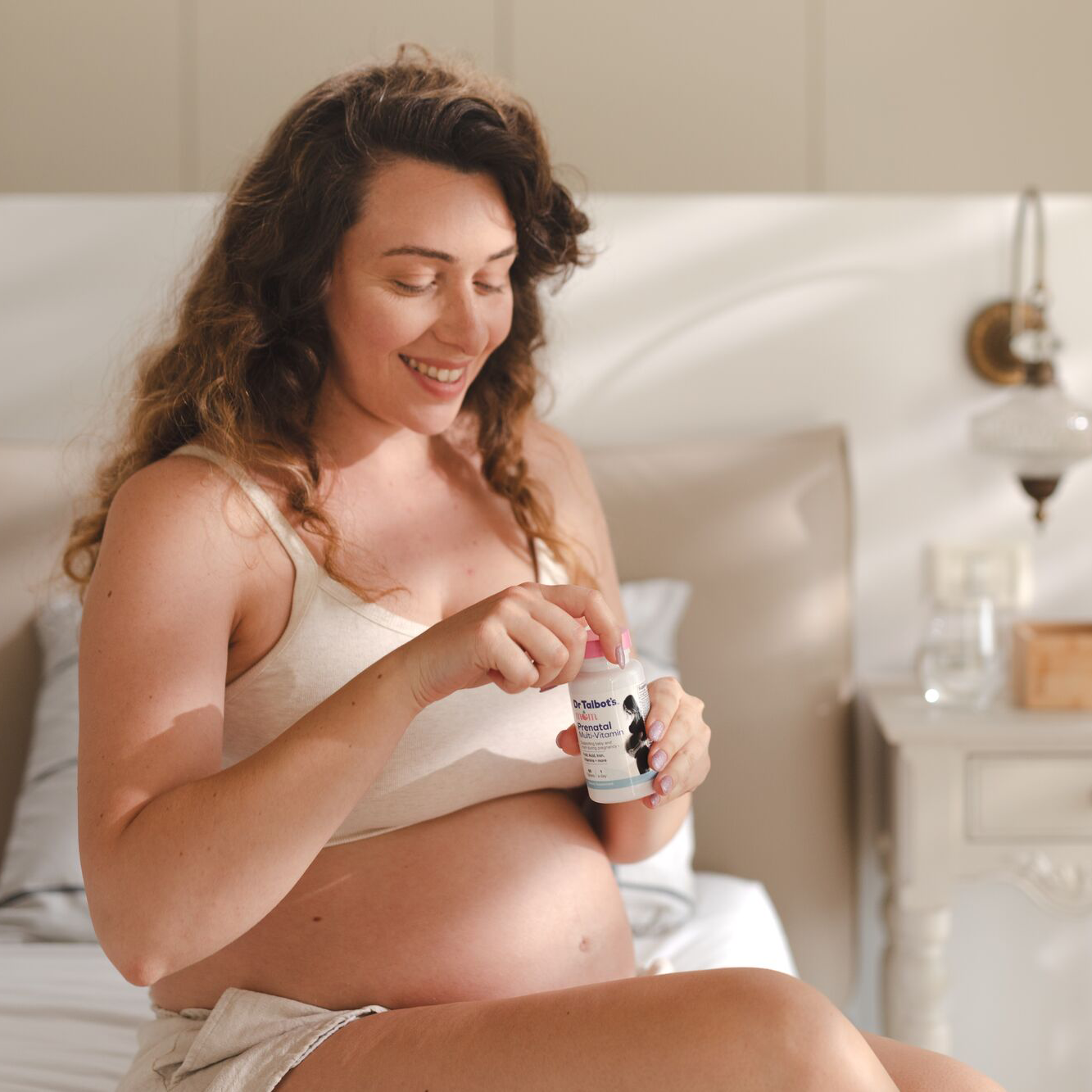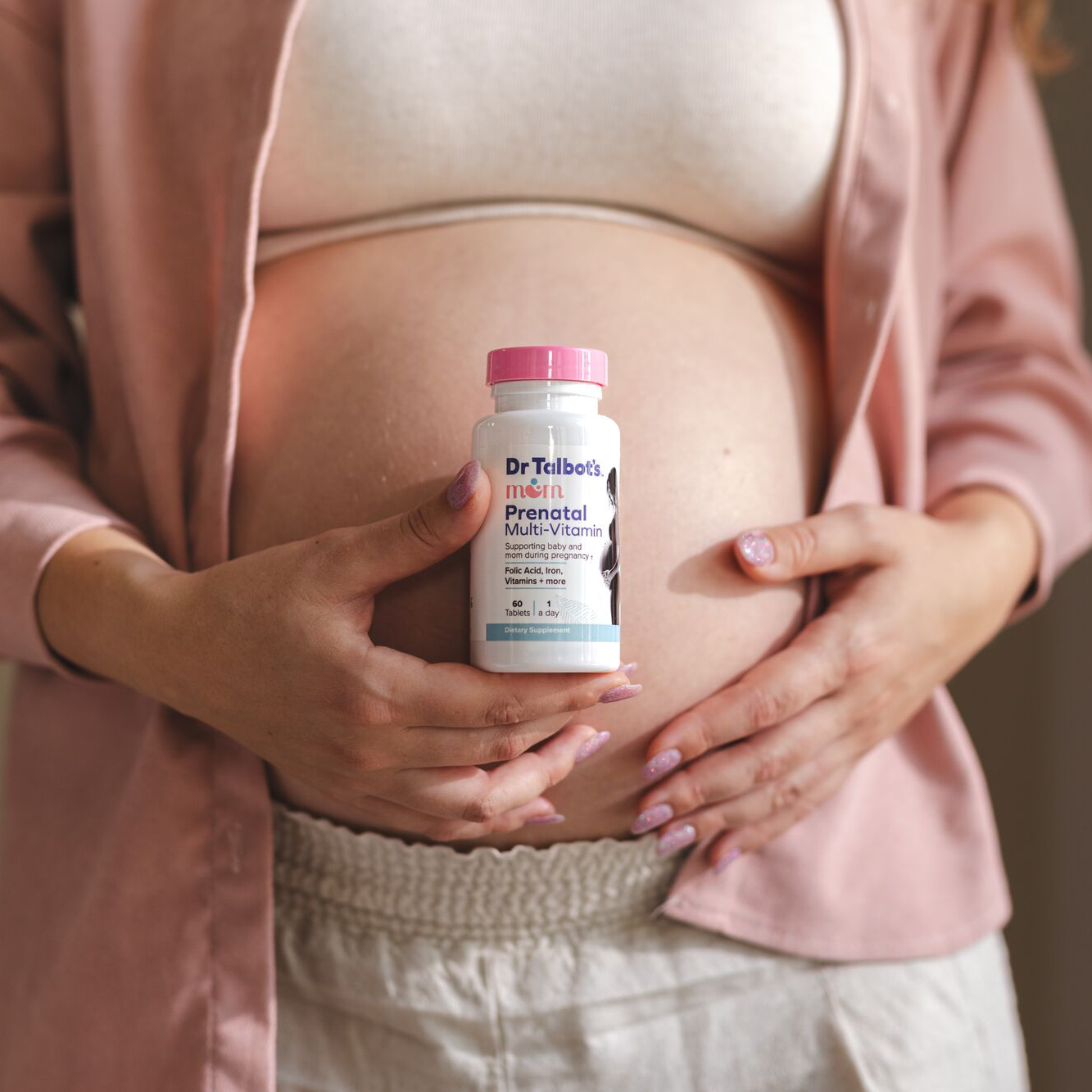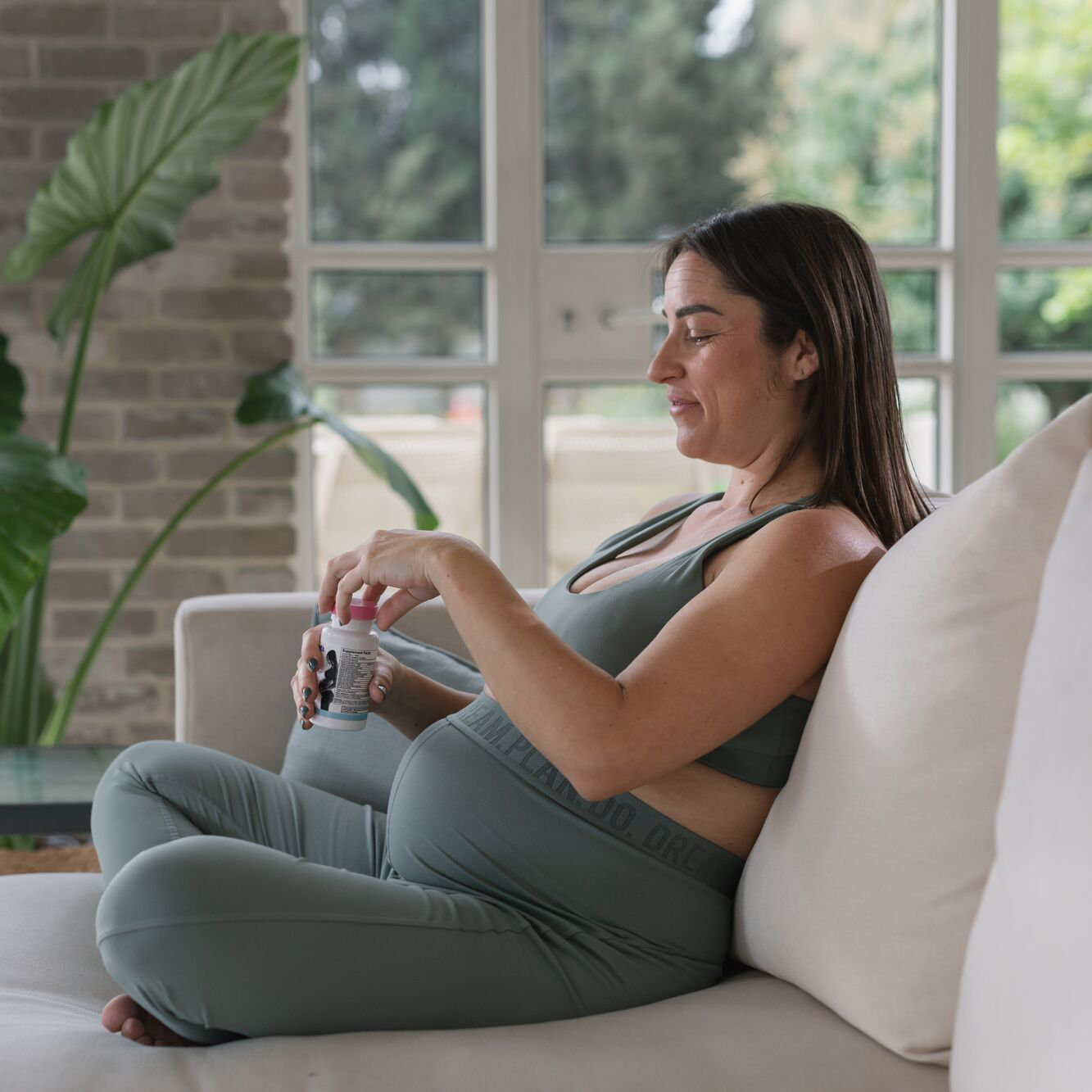Prenatal Vitamins to Boost Fertility: What You Need to Know
If you’re thinking about trying for a baby, you’re probably doing all the things to prep your body, and that’s awesome. One of the simplest but most important steps? Making sure you’re getting the right nutrients early on. That’s where prenatal vitamins come in.
They’re not just for once you’re already pregnant; prenatals can actually help support your body before you conceive, too. We’d suggest Fertility Supplements before conception, too, if the aim is to get pregnant.

Understanding Prenatal Vitamins
Prenatal vitamins are your nutritional backup plan before and during pregnancy. They’re packed with the key nutrients your body needs to help your baby grow healthy and strong, and make sure you’re not missing anything important in your diet.
While a balanced diet is crucial for conception, prenatal vitamins help bridge the gap by providing higher levels of certain vitamins and minerals that are important for pregnancy.
Prenatal vitamins are not a magic solution, but they help create a healthy environment in the body for pregnancy to occur. By ensuring that you have all the necessary nutrients, prenatal vitamins can contribute to a more successful pregnancy outcome.
Key Nutrients in Prenatal Vitamins
Prenatal vitamins are rich in essential nutrients that are necessary in the early stages of pregnancy. Here are some key nutrients you’ll find in most prenatal vitamins:
Folic Acid (Vitamin B9)
Folic acid is one of the most important vitamins to take during the early stages of pregnancy. It is crucial for preventing neural tube defects, which affect the brain and spinal cord development in the early stages of pregnancy. For women trying to conceive, it’s recommended to take at least 400 micrograms of folic acid daily. It helps not only in pregnancy but also supports general fertility by ensuring healthy cell development and the creation of DNA molecules called DNA synthesis.
Iron
Iron is another essential nutrient, especially during pregnancy. Iron helps to support the increased blood volume during pregnancy, preventing anemia and ensuring that the fetus receives adequate oxygen. Adequate iron levels are associated with improved fertility outcomes and overall reproductive health, making it an important nutrient to include in your prenatal routine.
Calcium + Vitamin D
These two go hand in hand when it comes to supporting your body (and your baby’s). Calcium is key for building strong bones and teeth, and it also helps your muscles and nerves do their thing. Vitamin D helps your body use that calcium and gives your immune system a boost, too. If you're not getting enough of either, it can throw things off, so it's important to make sure you're covered, either through your diet or a good prenatal.
Omega-3s (Especially DHA)
You’ve probably heard about DHA before - it’s one of the omega-3s that helps your baby’s brain and eyes develop. It’s also great for early pregnancy. A lot of prenatal vitamins include DHA, but not all, so check the label. If yours doesn’t have enough, you might want to add a separate omega-3 supplement (always check with your doc first). It’s a small thing that can make a big difference.
When Should You Start Taking Prenatal Vitamins?
Sooner than you might think… You don’t have to wait until you see those two pink lines; prenatal vitamins are often taken before trying to get pregnant. Most experts recommend starting at least a month before you start trying, just to give your body a head start.
That’s because nutrients like folic acid are super important in those very early weeks of pregnancy, sometimes before you even know you’re pregnant. Taking prenatals early helps your body get ready, supports healthy egg quality, and even helps with sperm health if your partner’s taking vitamins too. It’s a simple step that can make a big impact on your fertility journey.
Picking the Right Prenatal Vitamin
Not all prenatals are created equal, and with so many options on the shelves, it can feel overwhelming. Here’s how to make sure you’re choosing the right one for you:
- Check the label for the essentials. Look for vitamins that include folic acid, iron, calcium, vitamin D. These are some of the big ones your body needs to prep for pregnancy.
- Think about your diet. If you’re vegan, vegetarian, or have any dietary restrictions, look for options that fit your lifestyle, like plant-based or dairy-free prenatals.
- Go for trusted brands. Stick with companies that are known for clean, well-dosed supplements. It’s always worth it to invest in quality when it comes to your health.
- Talk to your doctor. Your healthcare provider can help you figure out which prenatal is best for your body, especially if you have health conditions or specific nutrient needs.
What If Prenatals Make You Feel... Not So Great?
It’s completely normal to feel a bit off when you start taking prenatal vitamins. Some people get nausea, constipation, or other tummy troubles. Here’s how to handle it:
- Feeling nauseous? Try taking your vitamin with a meal or right before bed. That usually helps settle things down. Some prenatals are also easier on the stomach than others, so don’t be afraid to switch it up.
- Dealing with constipation? That’s often the iron talking. Drinking more water, adding more fiber to your meals, and gentle movement (like walking) can help things move along.
- Other stomach issues? If your prenatal is still making you feel off, ask your doctor about trying a different brand or switching to a gummy version, as they’re sometimes a little easier to digest.
If things still aren’t feeling right after making a few changes, definitely check in with your doctor. There are plenty of options out there, and it’s all about finding what works best for you.
The Role of Diet and Lifestyle in Conception
Taking your prenatal vitamins is a great start, but what you eat and how you take care of yourself every day also plays a big part in getting your body baby-ready. Here are a few simple ways to support your fertility through everyday choices:
- Eat well (most of the time): You don’t have to be perfect, but try to fill your plate with lots of colorful fruits and veggies, whole grains, lean proteins, and healthy fats. Think avocado toast, leafy greens, salmon, eggs, nuts, all the good stuff that helps your body function at its best (including your reproductive system!).
- Maintain a healthy weight: Being overweight or underweight can affect your fertility, so aim for a healthy body weight.
- Manage stress: High levels of stress can interfere with ovulation, so try relaxation techniques like yoga, meditation, or deep breathing.
- Exercise regularly: Moderate physical activity can help regulate hormone levels and promote overall health.
- Eliminate alcohol, tobacco, and limit your caffeine consumption: These can negatively impact fertility, so reducing or eliminating these substances can improve your chances of getting pregnant.
Conclusion
Prenatal vitamins play a crucial role in preparing your body for pregnancy. They help ensure that your body has the necessary nutrients, like folic acid, iron, calcium, and omega-3 fatty acids, to promote reproductive health. While prenatal vitamins provide essential nutrients, they should be part of a holistic approach that includes a balanced diet, a healthy lifestyle, and good stress management. Talking to your doctor and starting your prenatal vitamins early is one of the easiest ways to set yourself up for a healthy, happy pregnancy down the road. It’s a simple step that can make a big difference.
FAQs
Do prenatal vitamins help you get pregnant?
They don’t ensure you’ll get pregnant, but they help to get your body ready. Prenatals give you key nutrients that support fertility and help set the stage for a healthy pregnancy.
When should I start taking them?
Ideally, at least a month before you start trying. It gives your body time to build up the nutrients it needs, especially folic acid for those early, important stages of pregnancy.
Can prenatal vitamins boost fertility?
They can help! Vitamins like folic acid, iron, and others support your reproductive system and can make conception a little easier by getting your body in tip-top shape.
What should I look for in a good prenatal?
Make sure it has folic acid, iron, calcium, vitamin D. And if you have any dietary restrictions, look for one that fits your needs like vegan or allergen-free options.
Can taking prenatals improve your chances of getting pregnant?
Yep! While they’re not a magic fix, they do support your body by giving you the nutrients it needs for a healthy pregnancy from the start.

